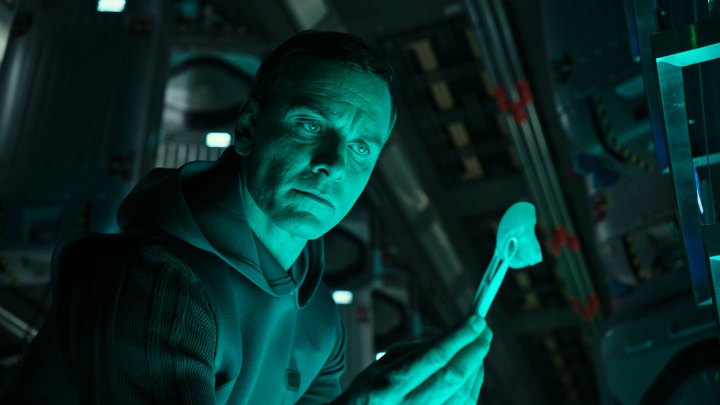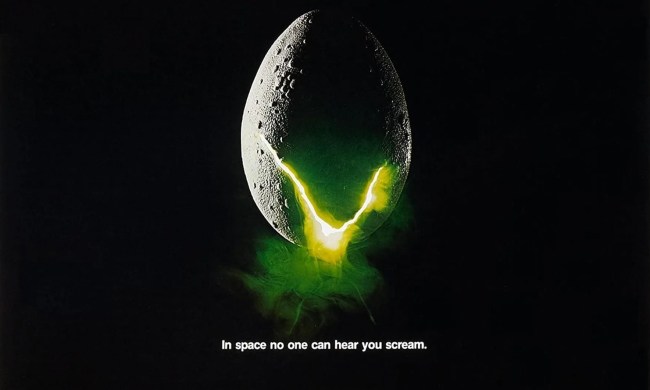
In an interview with Entertainment Weekly, Scott expounded on his ideas for what the next Alien film may look like, and his proposed direction might make some chests burst.
“I think what we have to do is gradually drift away from the alien stuff.”
Well, that was unexpected.
Explaining his rationale for such a change, Scott said, “People say, ‘You need more alien, you need more face pulling, need more chest bursting,’ so I put a lot of that in Covenant and it fitted nicely. But I think if you go again you need to start finding another solution that’s more interesting. I think [artificial intelligence] is becoming much more dangerous and therefore more interesting.”
At first blush, that probably sounds absurd; an Alien film with fewer Aliens? Aren’t they the linchpin of the franchise? However, upon reflection, it might not be all that outlandish.
Considering some of the series’ most interesting characters, almost all of them are androids and most of them not only have some of the most striking moments in the films (such as the death of Ian Holms’ Ash in the original Alien), they also play a pivotal role in overall mythology of the series. In fact, Prometheus’ creepy android, David, sets the entire xenomorph crisis in motion. Plus, have you noticed how virtually every android winds up being, if not evil, at least dangerously amoral?
Scott even referenced one of the most iconic A.I. characters in film history, Roy Batty from Blade Runner, as a source of inspiration before turning to real-world examples. “They put two A.I.s together and they were communing. It already invented a f—ing language! And they couldn’t decipher what the language was so they had to switch them off. What was said and where’s it gone? They could have already implemented something we don’t know.”
Exactly when the next Alien film will release is entirely unknown at this point — it doesn’t even have a title yet, let alone a cast, script, or production time frame. While the next Alien (or maybe it will be called “Androids” at this point?) may be a ways off, Scott has several other major projects on the horizon, including All the Money in the World, which is slated to release December 25.


